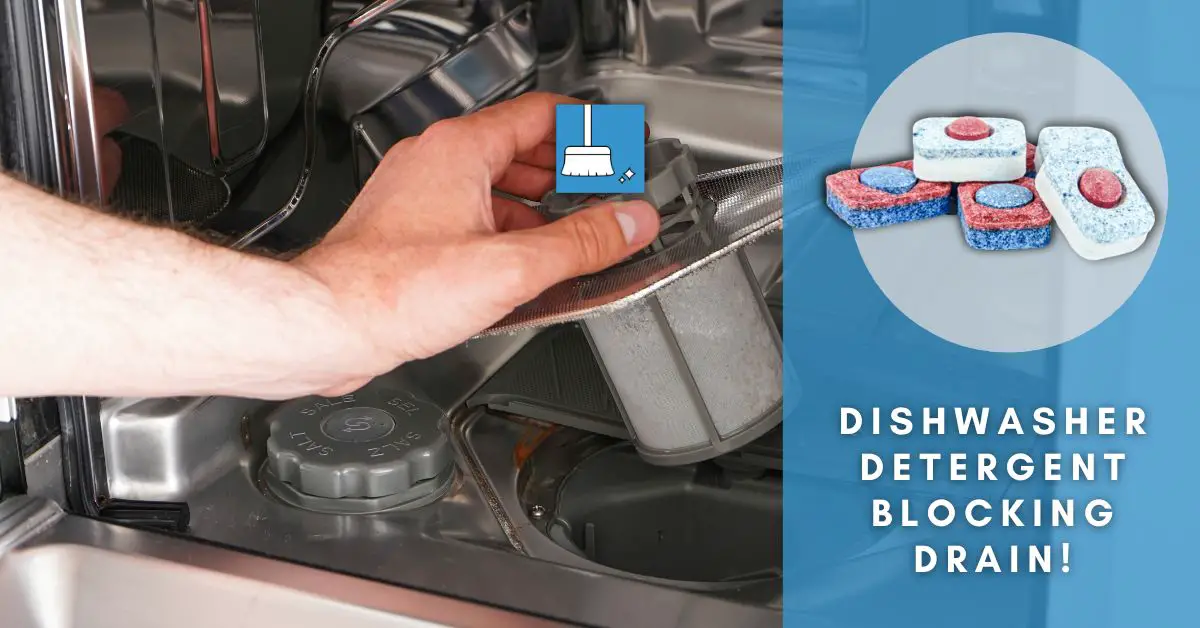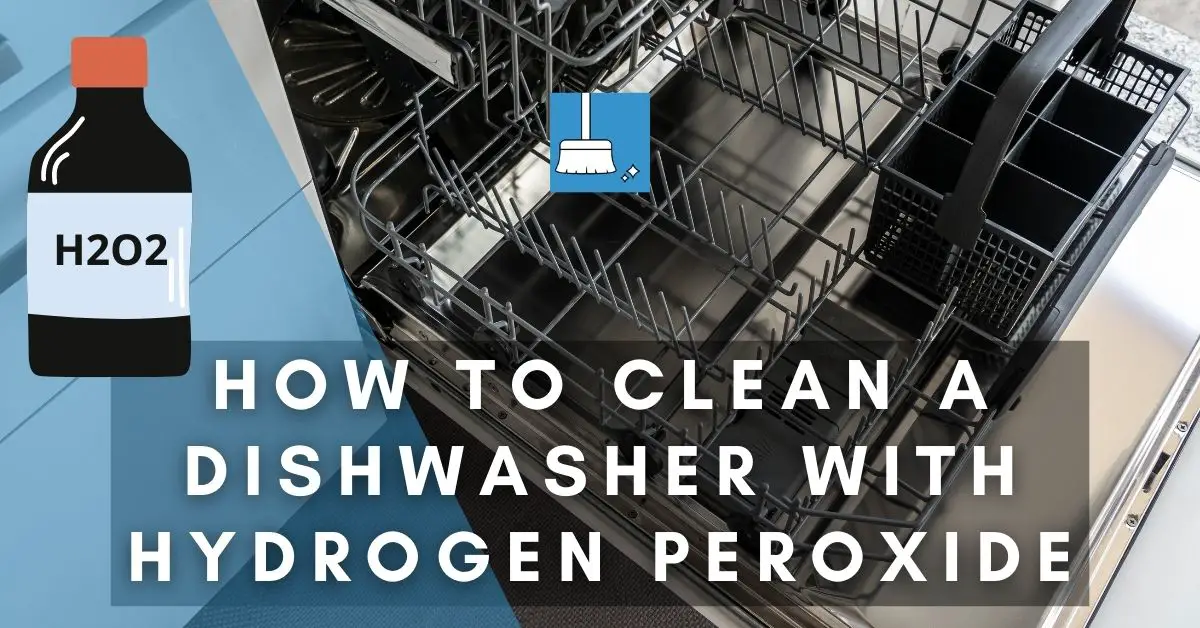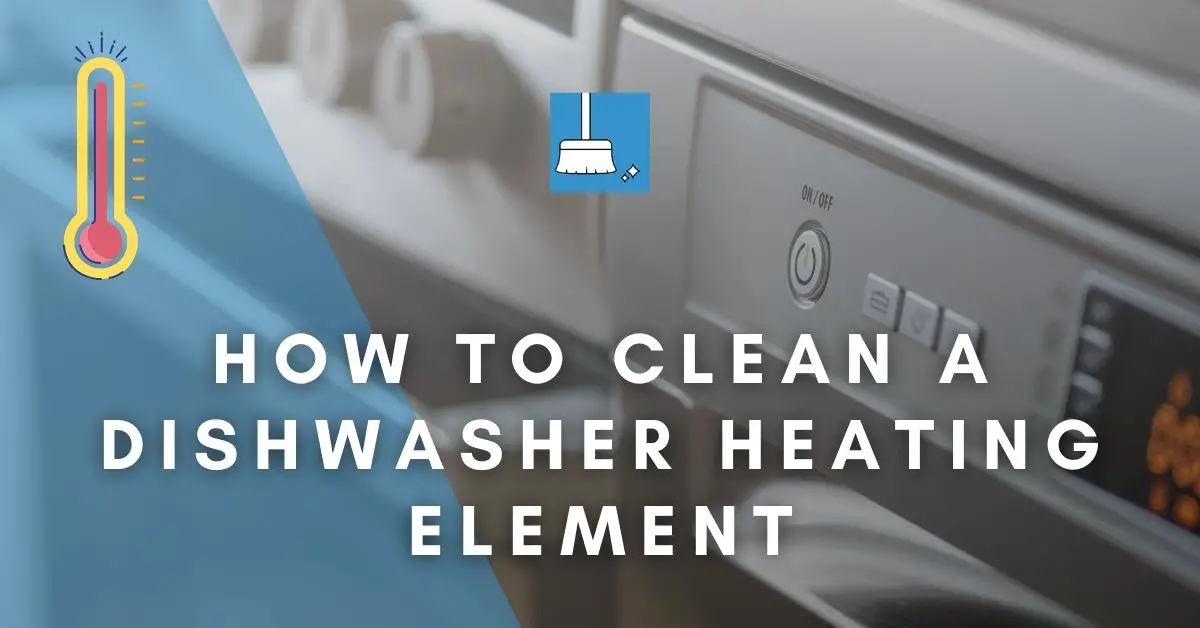When we think about preventing a clog in our dishwasher drain, we often make plans to avoid food residue, grains, and grease from getting into the dishwasher.
However, one should not focus solely on food residues because there are other factors like the quality of the dishwasher detergent used, which can cause a blocked dishwasher drain. If a blockage ever happens, what do we do? And more importantly, how do we prevent it in the future?
This article discusses how detergents can be responsible for drain-clogs in our dishwashers and provides effective solutions.
Dishwasher Detergent Blocking Drain! (What to do?)
Let’s first see whether it is actually the dishwasher detergent that is causing the issue. If yes, then why?
Can Dishwasher Detergent Clog Drain Pipes?
Dishwasher detergent is capable of clogging the dishwasher drain pipe. This congealing is caused by two main factors: soap residues and the excessive detergent suds generated during a wash. In most cases, these issues boil down to the type and quality of dishwasher detergent used or often used for the wash.
Usually, powder detergent is the culprit causing these soap issues that inadvertently lead to a clog. This is because many powder detergents do not have clear instructions on the amount of detergent to add for a wash.
For this reason, liquid dishwasher detergents and tablets are often recommended for dishwashing. These dispense easily are easy to dispense. (Source)
Tip: Always use the detergent after shaking well and use it promptly.
Unblock Those Drains with these Methods!
When the dishwasher drain is obstructed due to the presence of detergent, your dishwasher might give a beeping sound as an indication of a problem. There are a few common ways to tackle the problem. However, due to each blockage being caused by different detergent issues, unique methods are required for each.
Method 1: Use Hot Water (for Clogged Drain Caused by Detergent Suds)
STEP 1: Once you’ve discovered that the cause of the obstruction is the detergent suds, begin by stopping the dishwasher from operating to avoid the water flooding out of the machine.
STEP 2: If there is standing water in the dishwasher, depending on how high it is, you could either avoid opening the dishwasher or use a cup to scoop the water into the sink after taking out the dishes.
STEP 3: Switch on the hot water setting, set it to the highest temperature, and let it run on a long rinse cycle.
STEP 4: Slowly, you will discover that the suds stuck on the filter begin to dissipate and in time, they disappear entirely.
Method 2: Use Vinegar (for Clogged Drain Caused by Powdered Detergent Residue on the Filter)
STEP 1: Once you’ve discovered that a whitish film covers the filter, you can bet that it is the detergent’s work.
STEP 2: Pour 1-2 glasses of vinegar on the surface of the filter and watch the whitish film clinging to the filter wash off.
STEP 3: After this, switch on the dishwasher and let it run on a hot water rinse cycle.
Method 3: Use Bleach (for Clogged Drain Caused by Powdered Detergent Residue on the Filter)
STEP 1: Dip a soft sponge in a bowl of bleach and begin to wipe the inner parts of the dishwasher, concentrating more on the filter.
STEP 2: Gently scrub the whitish detergent film off the filter with the sponge dipped in bleach.
STEP 3: Pour 2 cups of vinegar into a small-sized bowl and place the bowl at the bottom of the dishwasher while letting the machine run on a rinse cycle, warm or hot water setting.
Caution: Bleach and vinegar should never be mixed as this can produce chlorine gas, which is harmful to inhale. (Source)
Why Does My Dishwasher Drain Keep Clogging? (Reasons other than Detergents)
Grease
Many delicacies and dishes are made with so much oil that we are left with no option but to discard a good amount behind on the plates because we don’t want to ingest excess oil.
Placing the greasy dishes in the dishwasher will have the oil spilling into the drain hose during a wash, while some will stick to the surface of the drain and eventually become solid when cold.
When this solidification happens over and over again, it indubitably leads to a thicker build-up that is capable of obstructing water outflow from the dishwasher.
Backed up Water
Sink water backing up into the dishwasher is a common cause of dishwasher clogs and needs to be prevented.
This is when the water flow moves backward into the dishwasher due to a blockage on the way or when water from another connected source makes its way into the dishwasher.
The leading causes are clogged garbage disposal, the nearby sink backing its water into the dishwasher, or an improper drain hose/pipe positioning.
Food Bits
When food bits like fish bones, chicken bones, rice grains, noodles strands, and peas settle on the filter, they obstruct the free flow of water.
This issue often arises because people do not scrape food remains off their plates before throwing them into the dishwasher.
Some dishwashers not having ultra-mesh cannot break the food bits thoroughly to let the particles pass through the filter hitch-free.
This blockage will reoccur if the users continuously place the dishes in the dishwasher without first wiping the food bits off.
How Do I Unblock A Dishwasher Drain?
Different solutions can be used to tackle the problem depending on the root cause of an obstructed dishwasher drain. Here are the common standard solutions:
1- Remove the Food Particles on the Filter & Pour Vinegar Down the Drain
We are now aware that when food bits are not wiped off from the dishes before being placed in the dishwasher, they will settle on the filter and, depending on their quantity, will hamper the free flow of soap and water out of the dishwasher.
If this is your current situation, begin by clearing the food bits off the filter and then pouring vinegar down to wipe off any grease that might be sticking to the surface.
2- Check and Clean the Air Gap
If your dishwasher operates with an air gap, it is worth checking out whenever your dishwasher drain is experiencing a blockage.
Begin by switching the dishwasher off before heading to unscrew the air gap. Clean out the debris thoroughly with a brush. You can choose to rinse it out with a small quantity of vinegar.
3- Unjam Your Garbage Disposal
Whenever water outflow moves at a prolonged rate or is at a standstill, the problem might be emanating from the garbage disposal (especially when other factors have been cleared out).
Food particles holding on to the garbage disposal shredder blades often lead to this.
To solve this, begin by turning off your dishwasher. Head over to your garbage disposal reset button and press it. If it fixes the clog, your garbage disposal is good to go.
If it doesn’t, then do the following: unplug your garbage disposal or turn it off, look into the garbage disposal with a flashlight, remove any visible food bits with the aid of a plier, then stick an Allen wrench into the hole below the garbage disposal and move forward and backward multiple times.
With that done, press the reset button, switch on the garbage disposal, and start operating it.
4- Pour Salt Down the Drain before Switching on the Heat Setting
Suds can overwhelm the dishwasher drain. Usually, it is a temporary drain blockage, but until it dissolves, it could cause standing water in the dishwasher, obstruct the wash process, and possibly lead to a mess in the kitchen.
To solve this, remove the dishes from the dishwasher, sprinkle salt on the suds, and run the rinse cycle on the hottest temperature setting.
5- Adjust the Pipe or Hose Placement
An improper installment or placement of your dishwasher’s pipe or hose will lead to several issues, especially problems with water flow.
In situations of improper installments, you will find water backing into the dishwasher from the sink, and the only solution is to call an expert to fix the issue.
On the other hand, when the water flow problem is caused by a wrong or bent positioning of the hose, restore it to the correct position for a fast outflow of water.
Ways To Keep Drains Flowing
1- Avoid Using Detergents That Are Not Designed for Dishwashers
There are dishwasher detergents designed specifically for dishwashing; you should always stick to those. Using laundry detergent for your dishes will cause more harm than good to your health as it contains fragrances and anti-soiling agents that do not rinse off fully. (Source)
Laundry detergent often sticks on the plates after wash. Also, because we might not usually know the right amount of detergent to use, we tend to use large amounts, which might cause excessive development of suds in the dishwasher.
2- Wipe Food Bits off before Placing Them in the Dishwasher
Whenever you are done eating, do well to use a tissue to wipe off the food remains and oil completely from the dish into the trash just before placing the dishes into the dishwasher.
This would prevent the food bits from settling on the filter, getting stuck on the garbage disposal shredder blades, or an accumulation of solid grease on the drain surface.
Can You Put Drain Unblocker In Dishwasher?
Drain unblockers are effective, but they should not be poured down the dishwasher drain because the chemicals in the unblocker often linger in the machine, and during a wash, they will be stirred and spread on the dishes. And you can imagine the effect of serving and eating a meal off a plate that has been laced with such chemicals.
Instead of using a de-clogger, which can also weaken your pipes over time, you can put a gel dishwasher detergent into the drain and pour boiling water after that.
Final Thoughts!
Dishwashers experience blockages caused by dishwasher detergents and in many cases, these problems have their own peculiarities.
Don’t use a plunger in your dishwasher until it is an absolute necessity. It has the potential of damaging the drain hole.





